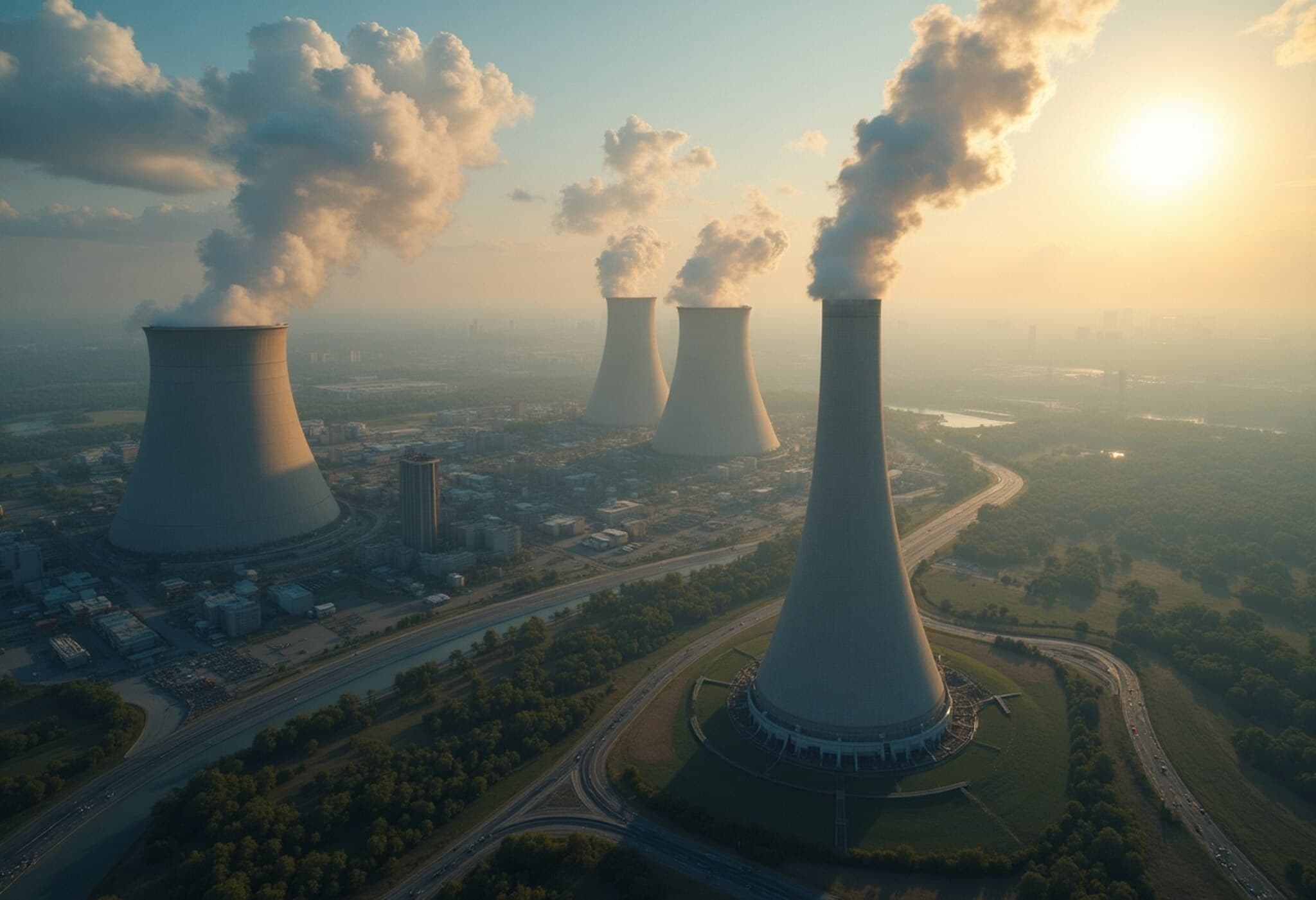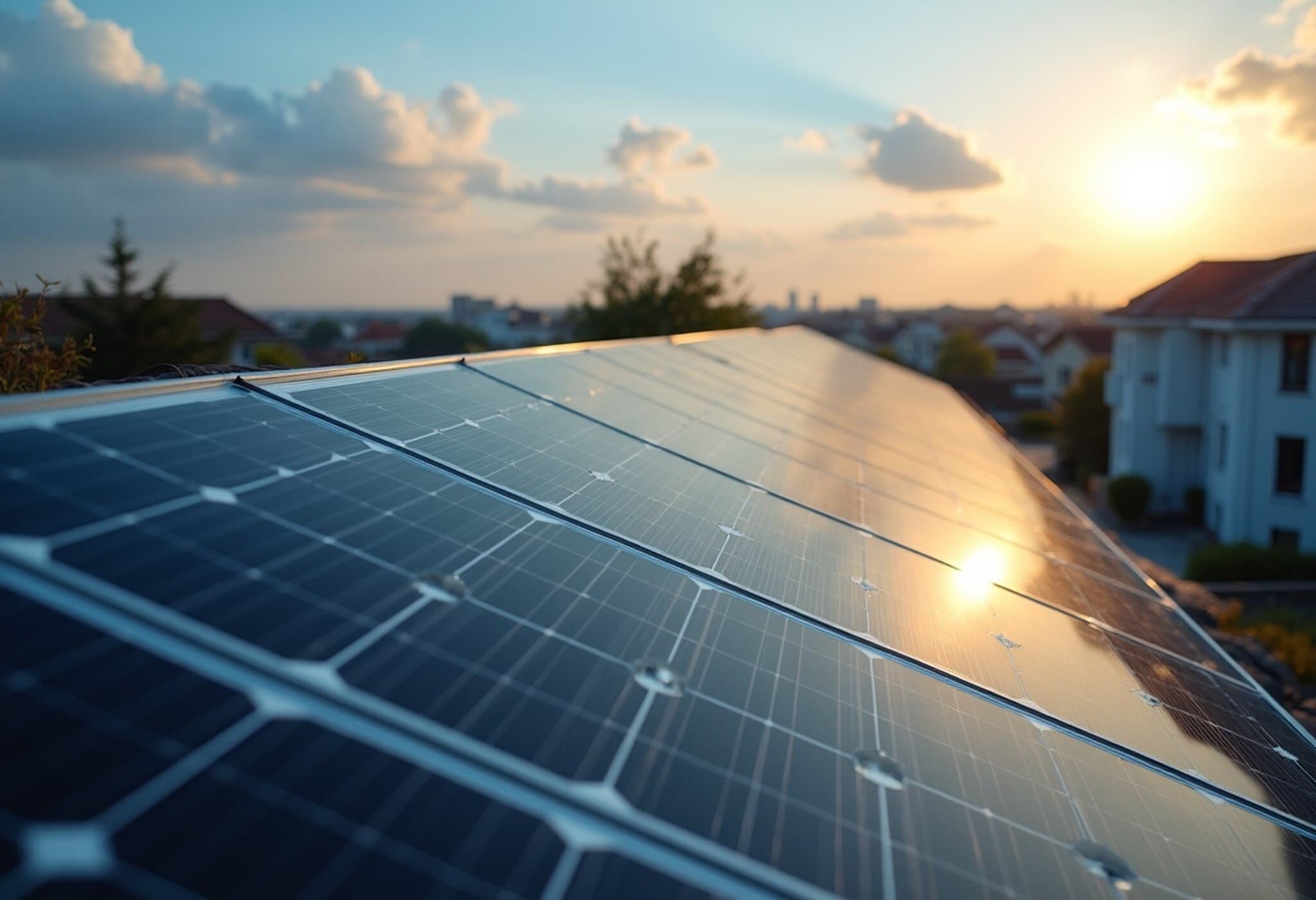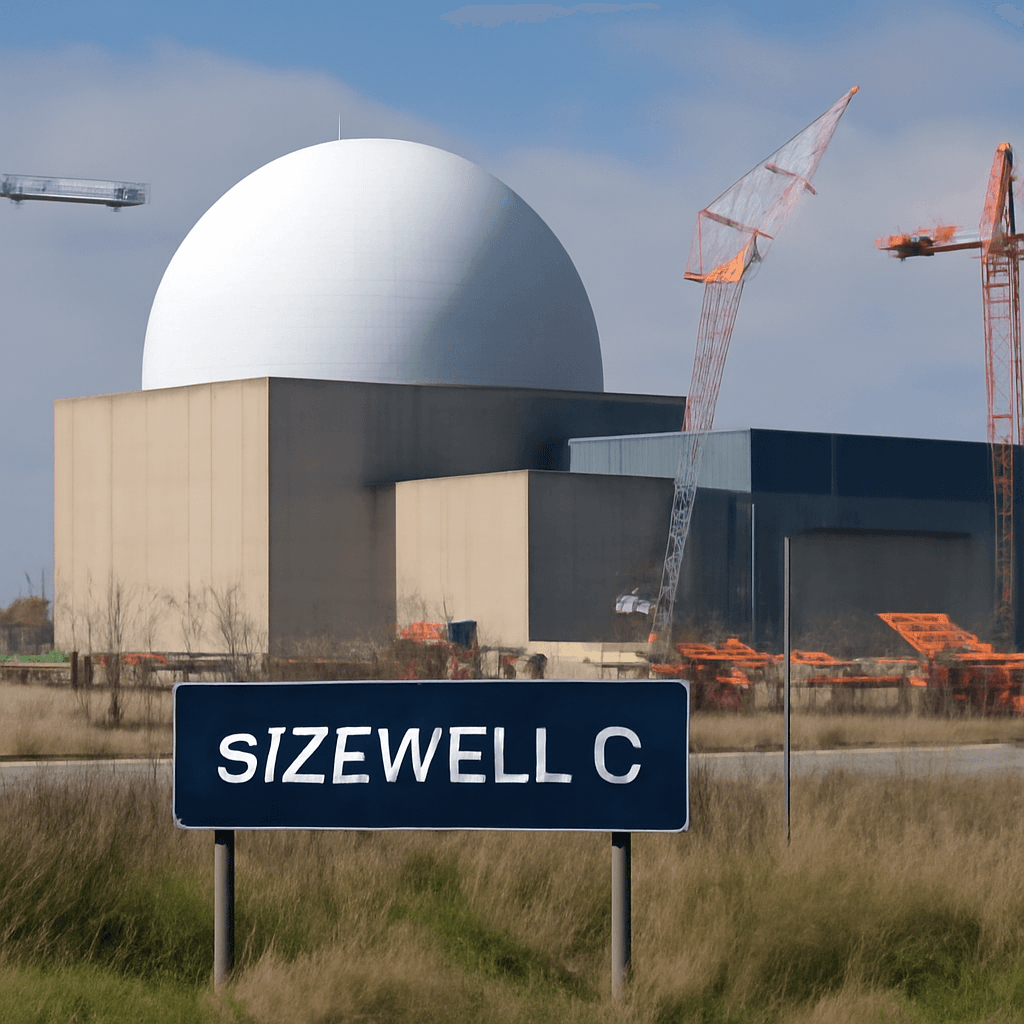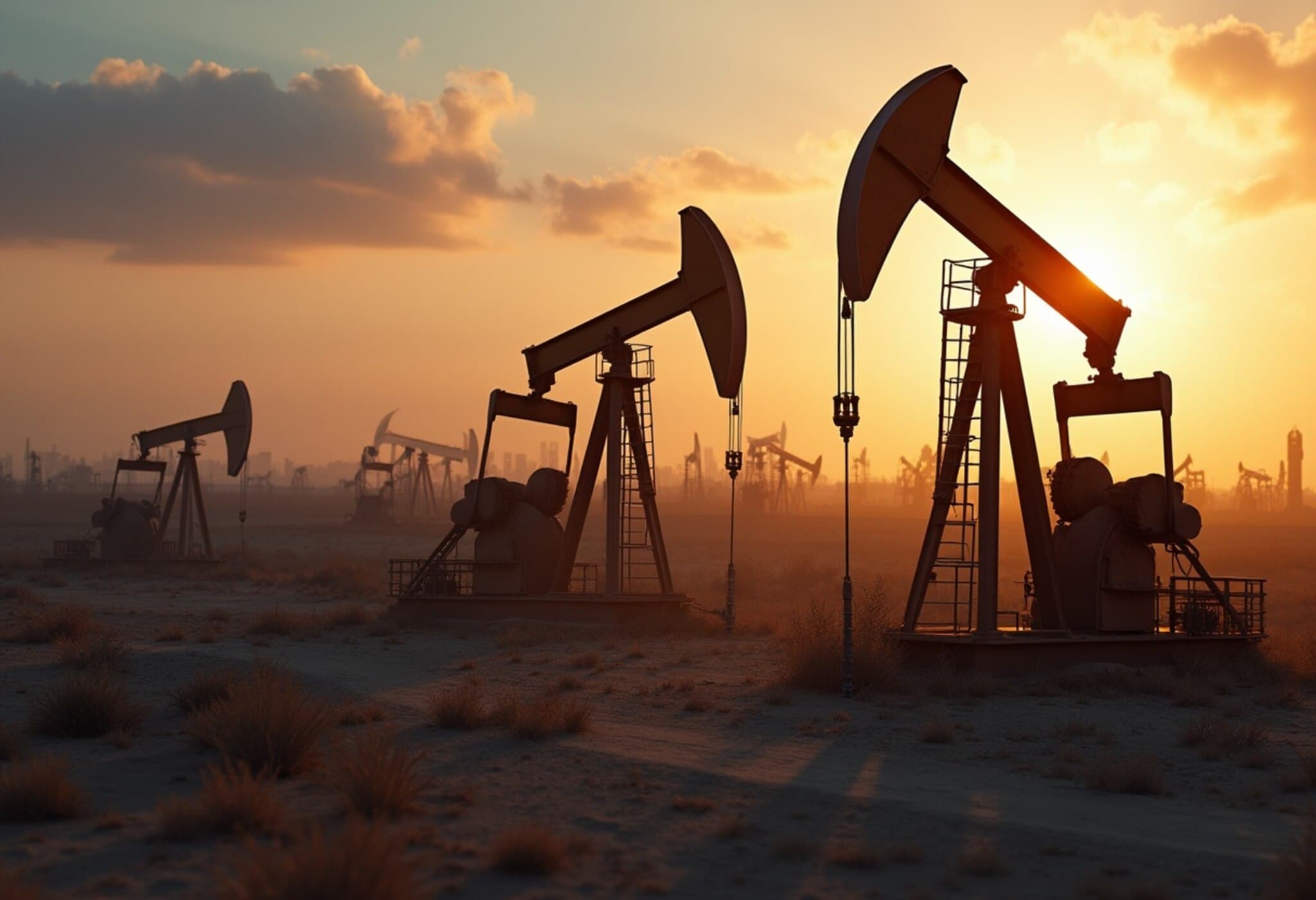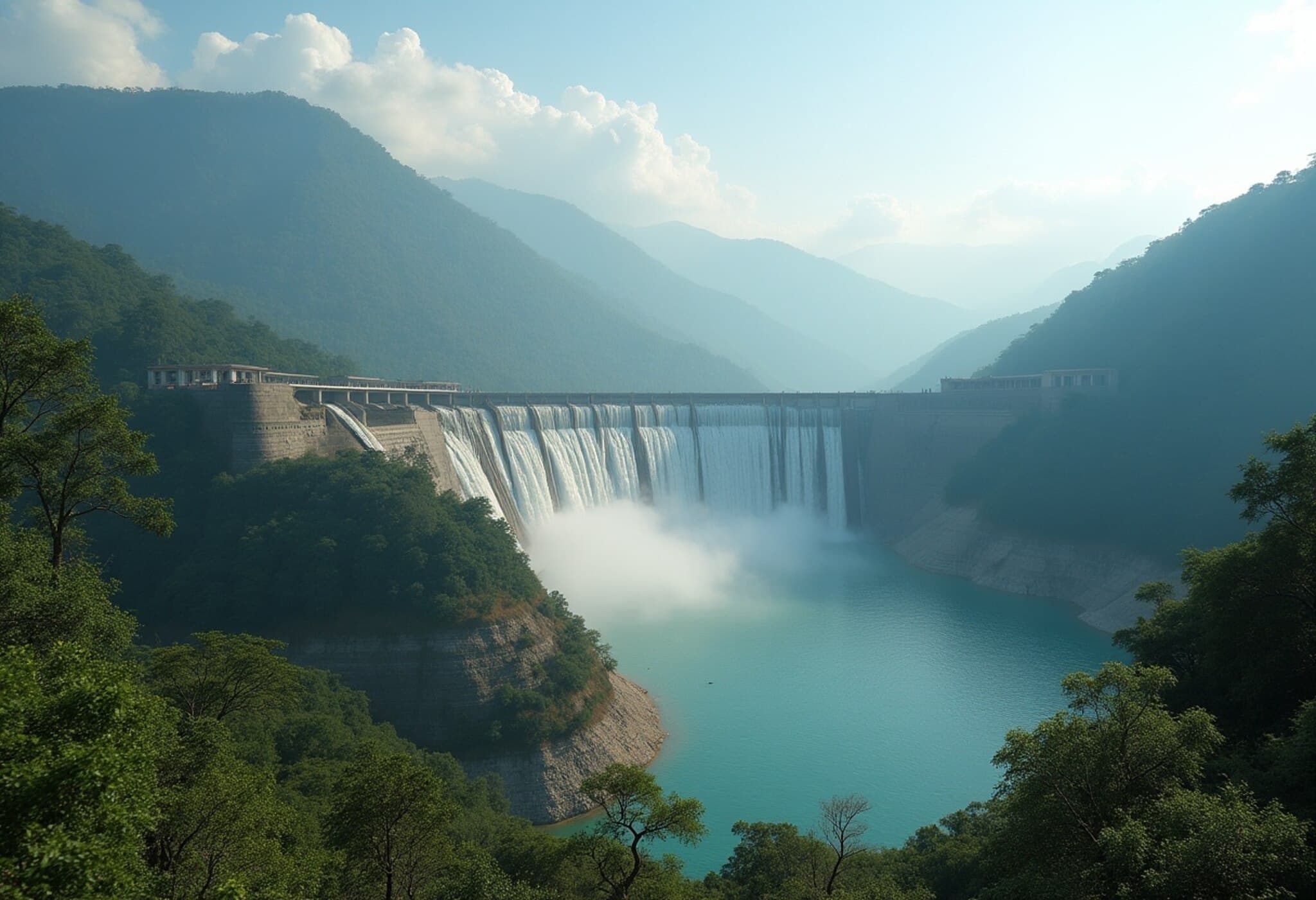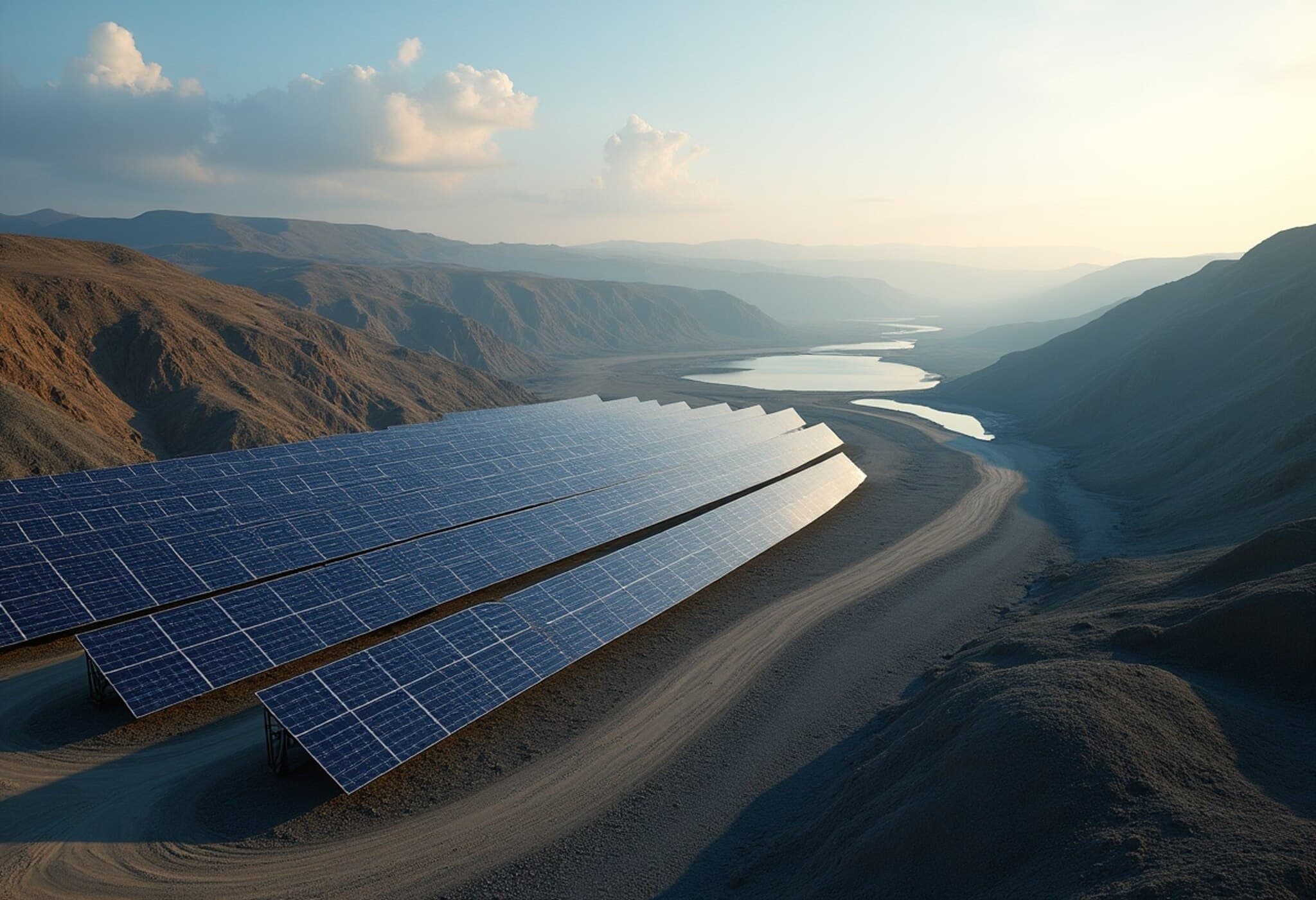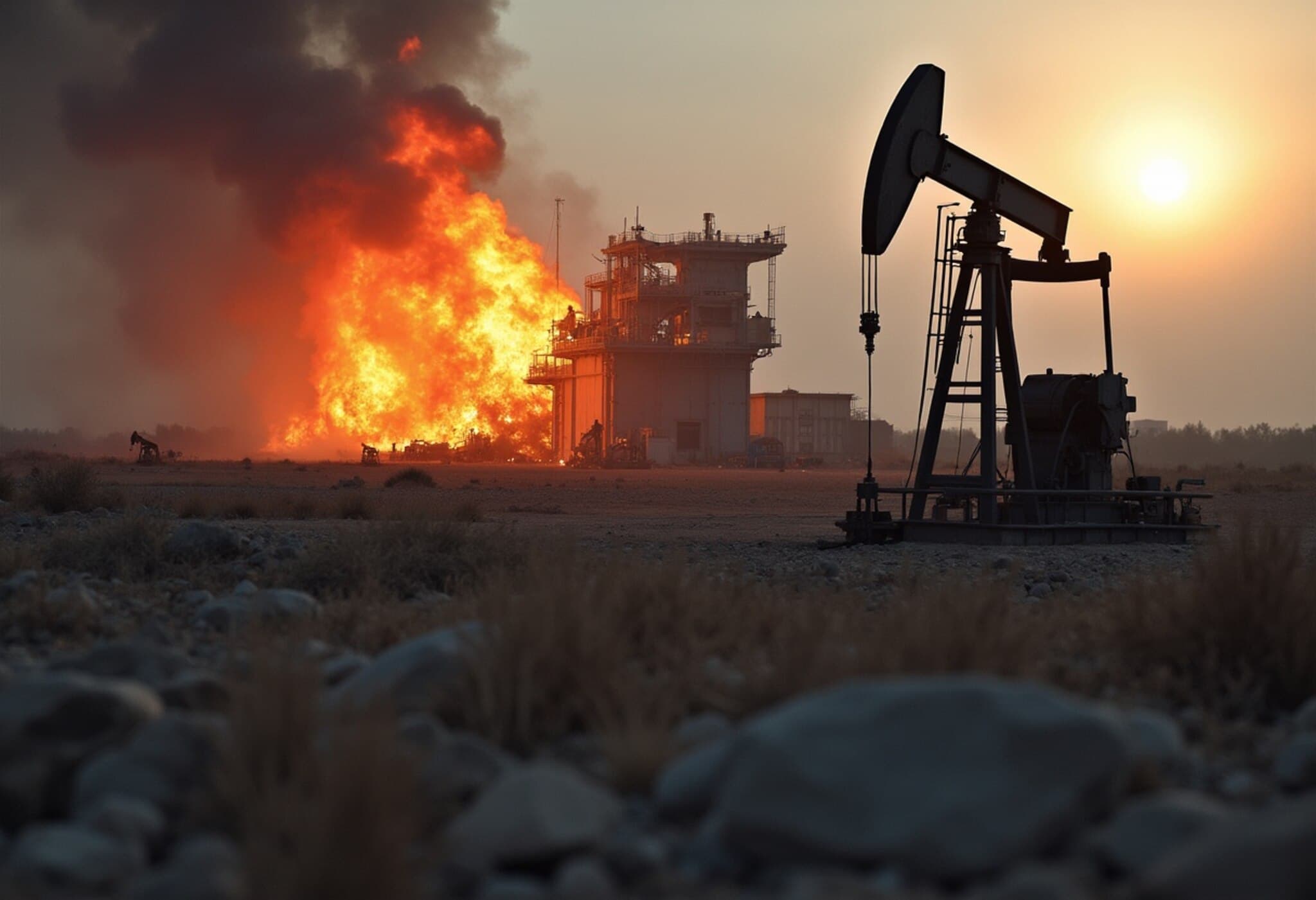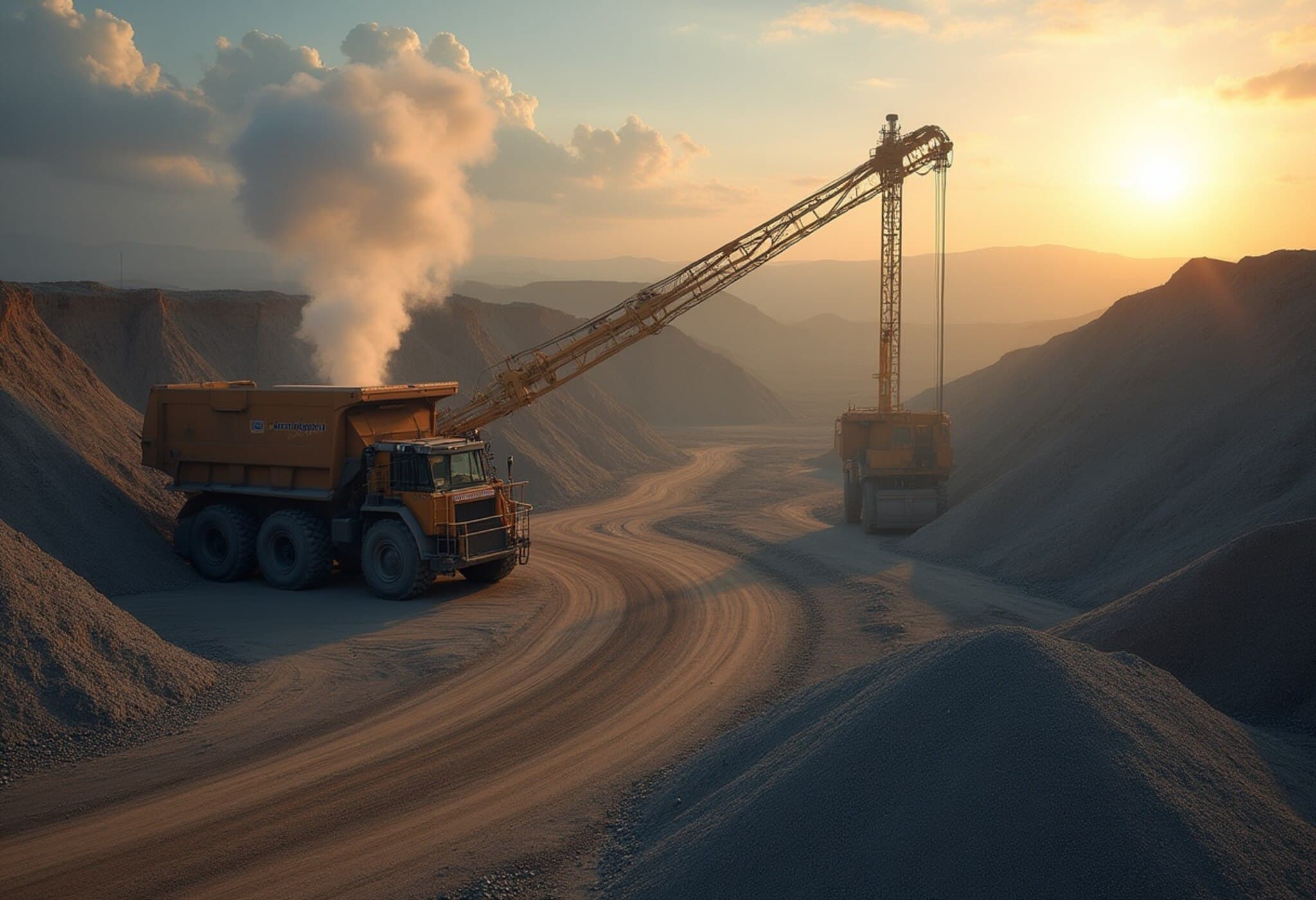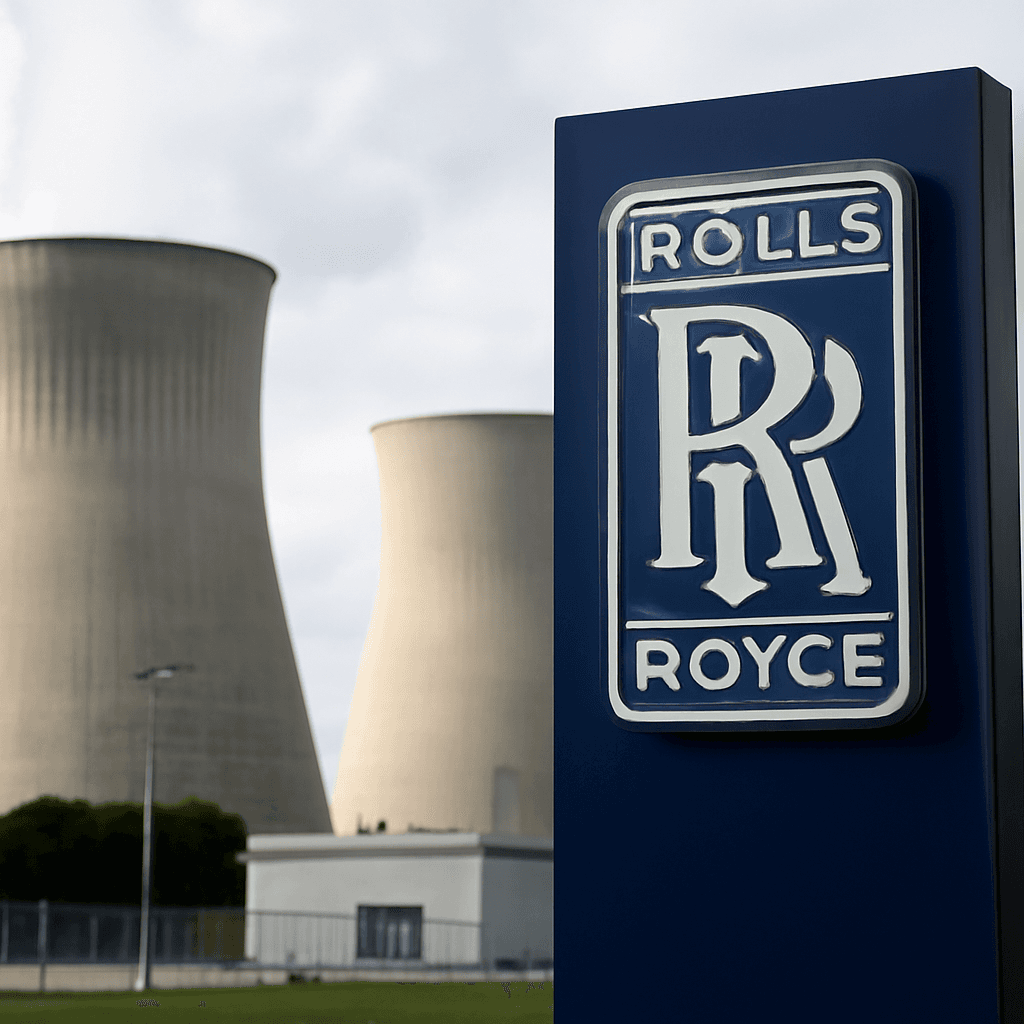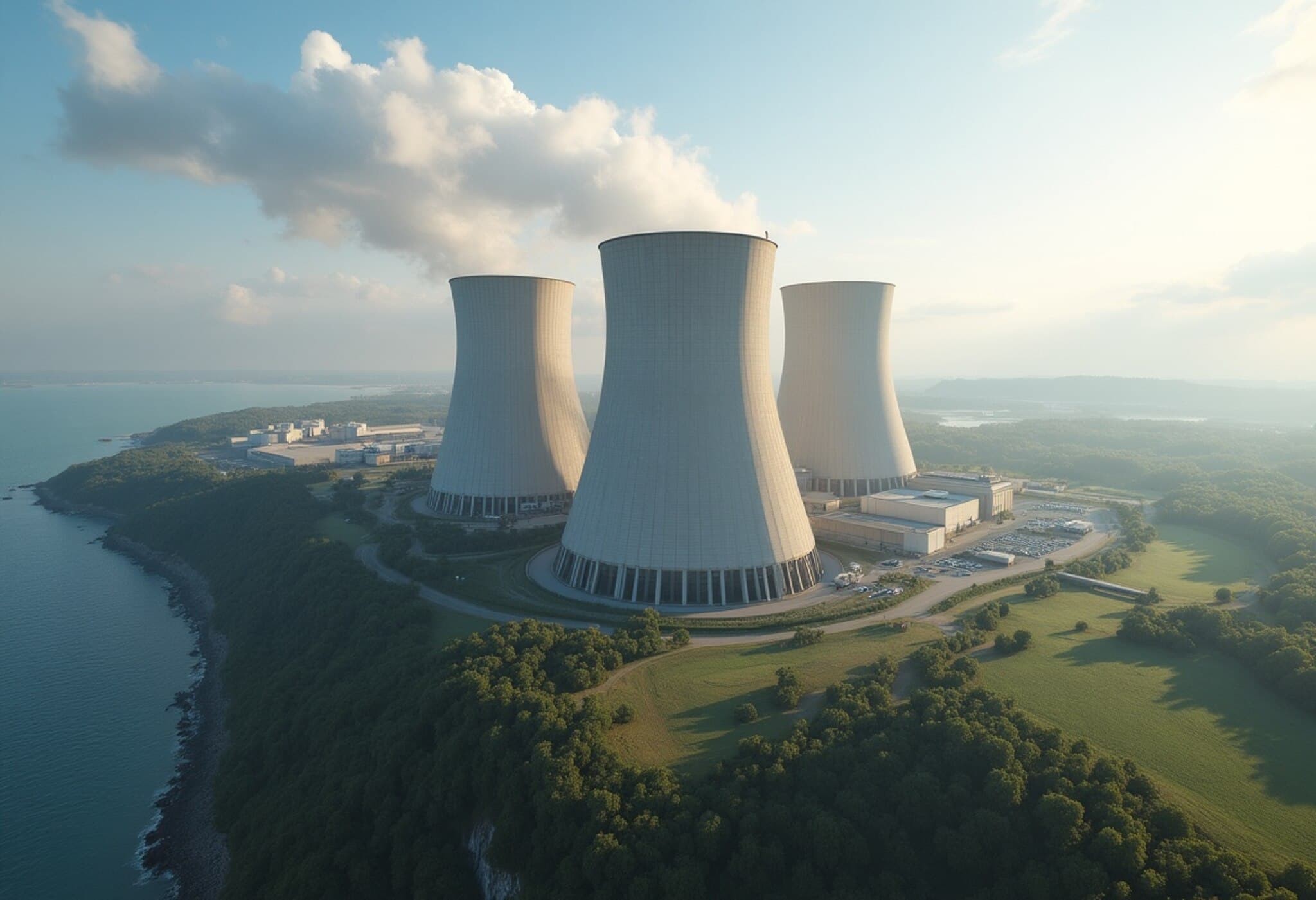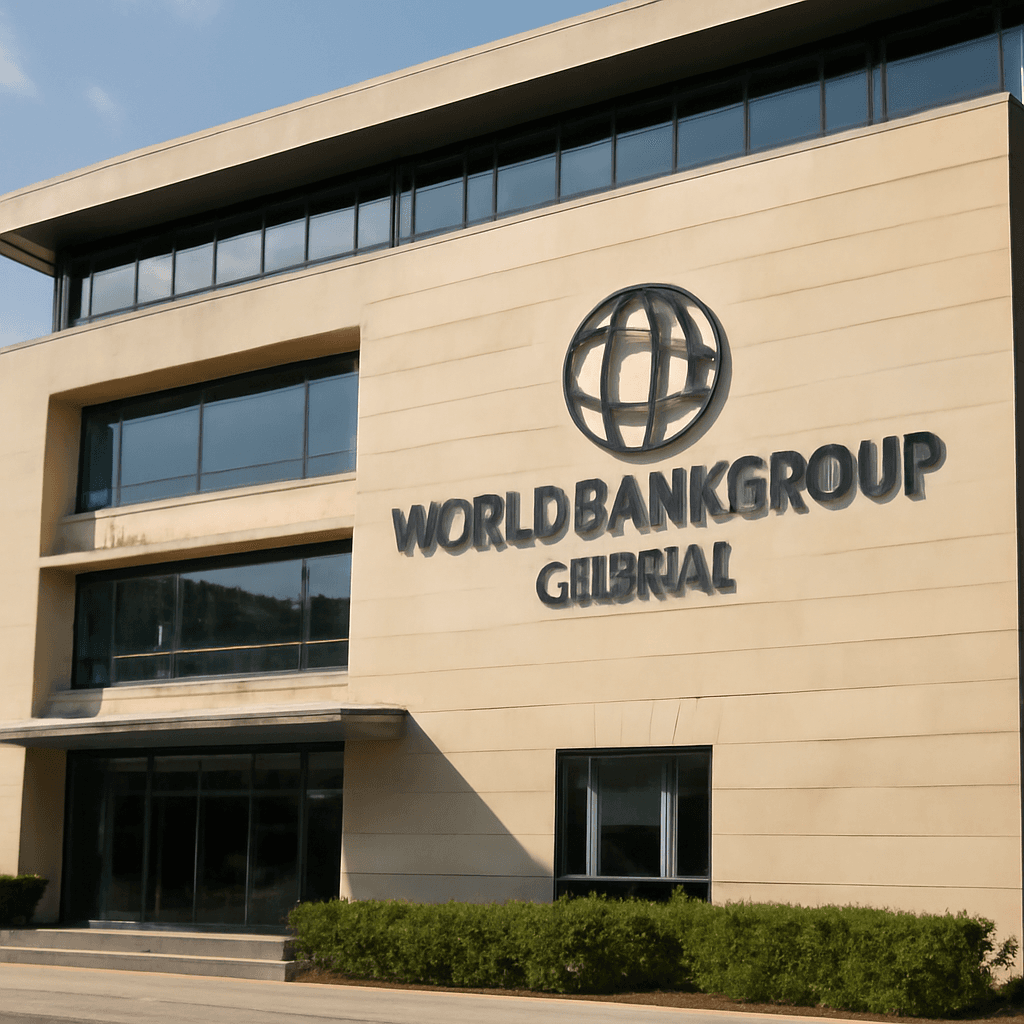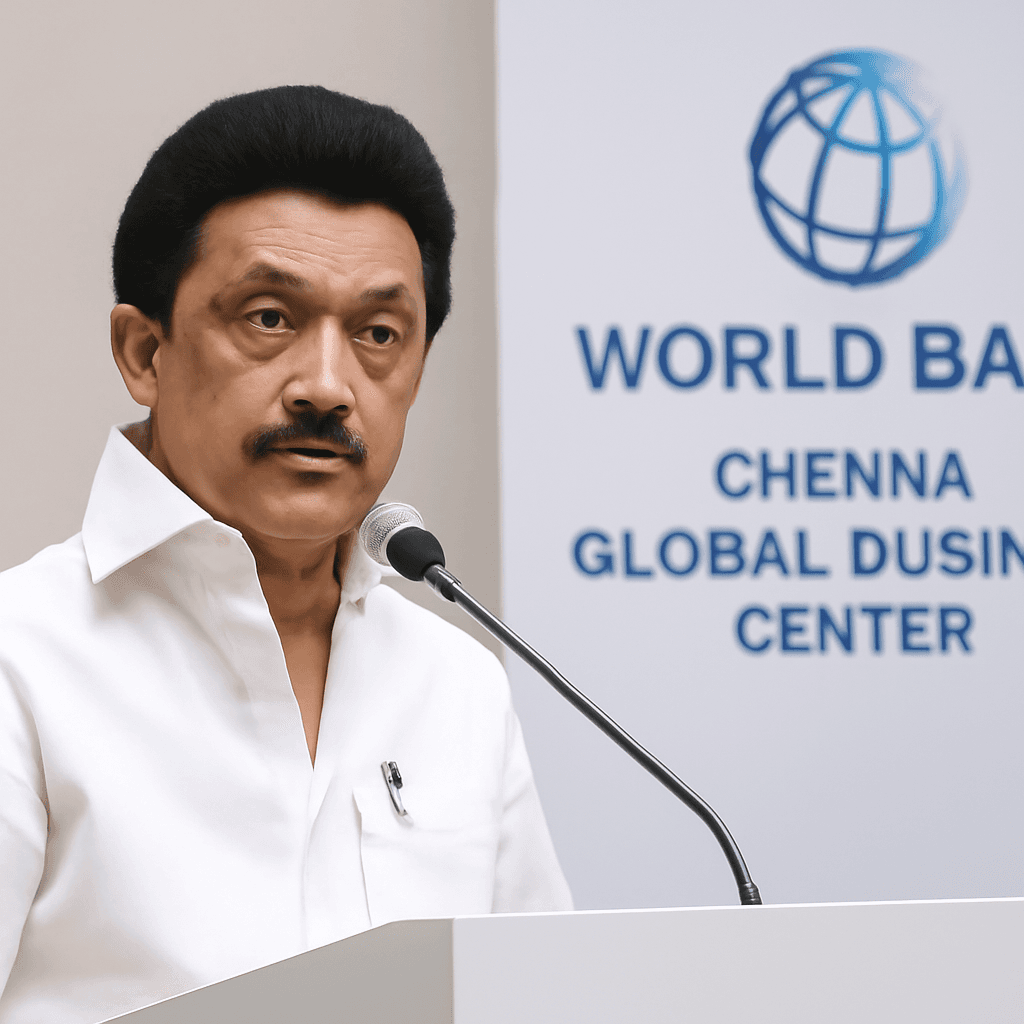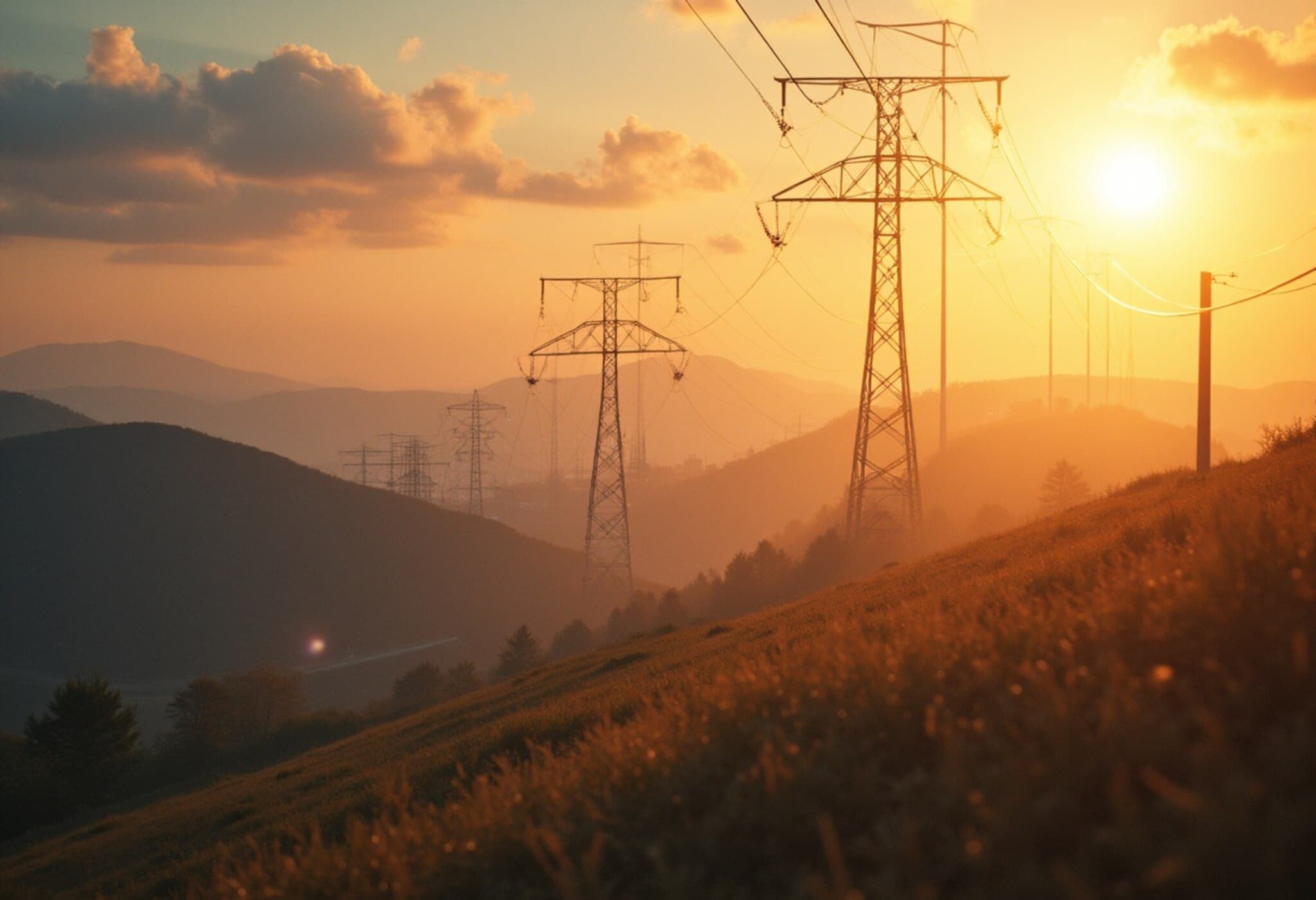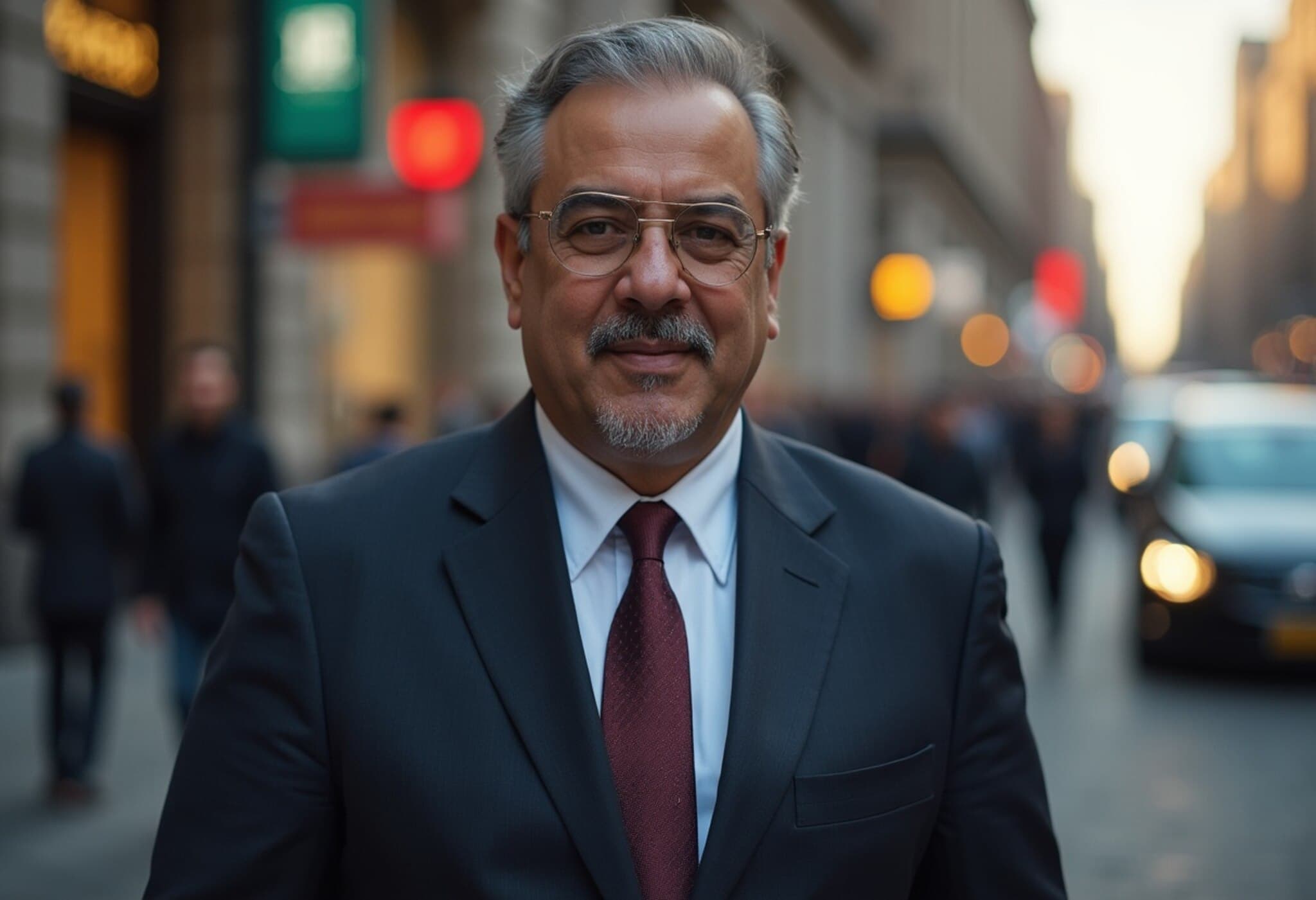World Bank Reverses Nuclear Energy Funding Ban Amid Growing Power Demands
The World Bank has announced a significant shift in its energy financing strategy, lifting its long-standing ban on funding nuclear energy projects. This move aims to address the surging electricity demands, particularly in developing nations where consumption is projected to more than double by 2035.
Collaborating with Global Nuclear Authorities
In a recent communication, World Bank President Ajay Banga emphasized the institution’s renewed commitment to nuclear energy. The bank will collaborate closely with the International Atomic Energy Agency (IAEA) to enhance oversight in areas such as non-proliferation safeguards and regulatory frameworks. This partnership is set to ensure that nuclear projects adhere to strict safety and security protocols.
Scaling Investments to Meet Future Needs
Electricity demand in emerging economies is expected to surge dramatically, necessitating a substantial increase in annual investments. These will need to rise from $280 billion currently to approximately $630 billion to support generation, grid expansion, and storage solutions.
President Banga outlined plans to support existing nuclear reactors by extending their operational lifespan, alongside upgrading grid infrastructure to enhance efficiency and reliability.
Innovating with Small Modular Reactors
One of the World Bank’s priorities is accelerating the development and deployment of Small Modular Reactors (SMRs). These more compact and flexible nuclear systems promise to become a viable energy option for a wider range of countries in the near future.
Broader Energy Strategy Emphasizes Flexibility
The World Bank is not only focusing on nuclear power but will continue to back the transition away from coal by financing plant retirements and supporting carbon capture technologies for both industry and power sectors. This approach aims to provide countries with the freedom to pursue energy pathways best suited to their unique development goals.
Debate Over Fossil Fuel Investments Continues
While nuclear financing has gained board approval, discussions are ongoing regarding the bank’s stance on upstream gas investments. The bank has yet to finalize policies on when and how it might engage with fossil fuel projects, reflecting differing views among stakeholders, including its largest shareholder, the United States.
Context From Global Leadership
Earlier this year, US Treasury officials highlighted the need for the World Bank to optimize resource use by prioritizing "dependable technologies" to enhance energy access in emerging markets. This perspective supports a pragmatic blend of energy solutions, potentially including gas and other fossil fuels, rather than strict adherence to climate finance targets that may limit flexibility.
Looking Ahead
As the World Bank pioneers this more inclusive energy finance approach, it aims to empower countries to meet their citizens’ power needs safely and sustainably. With nuclear energy re-entering the picture, combined with investments in renewables, grid modernization, and fossil fuels, the bank is positioning itself to play a pivotal role in the global energy transition.

